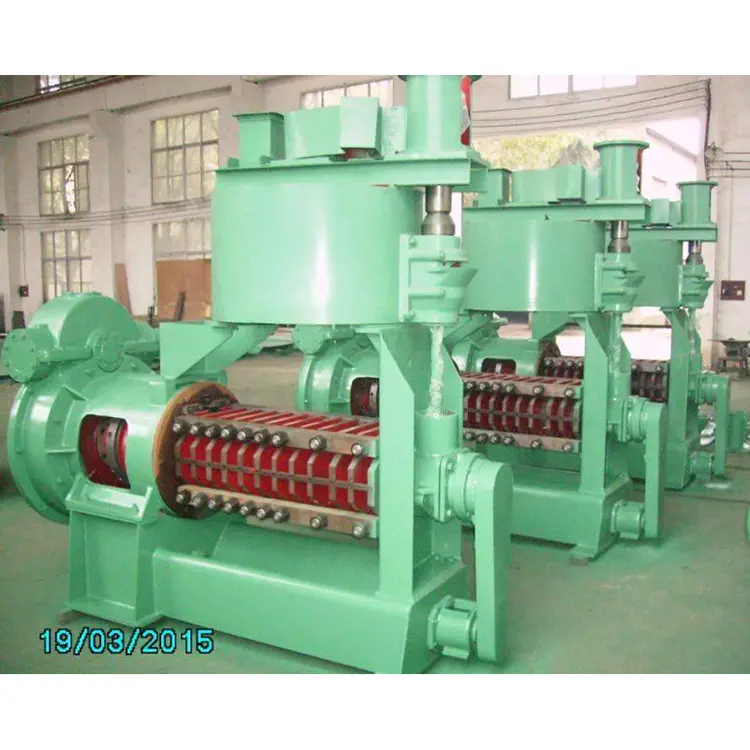Sep . 13, 2024 23:01 Back to list
edible oil refinery plant products
Understanding Edible Oil Refinery Plant Products
The edible oil industry plays a vital role in the global food supply chain, providing essential fats and oils used in cooking, food processing, and even non-food applications. An edible oil refinery plant transforms crude oil extracted from various oilseeds and nuts into refined oil suitable for consumption. This article delves into the products derived from edible oil refinery plants, highlighting their importance and applications.
The Refining Process
The refining process is critical in enhancing the quality of crude edible oils. This process typically comprises several stages, including degumming, neutralization, bleaching, and deodorization. Each stage serves distinct purposes
1. Degumming The first step involves removing phospholipids and other impurities from the crude oil, making it suitable for further processing.
2. Neutralization In this stage, free fatty acids are removed, which helps in reducing the acidity of the oil and improving its taste and shelf-life.
3. Bleaching This step involves removing color pigments and impurities, resulting in a clearer and more appealing oil.
Major Products from Edible Oil Refineries
edible oil refinery plant products

The primary products obtained from an edible oil refinery include
1. Refined Edible Oils The main output is refined oils, which are free from impurities and have a longer shelf life. Common types include soybean oil, sunflower oil, palm oil, and canola oil. These oils are extensively used in households and food industries for cooking, frying, and blending.
2. Fatty Acids During the neutralization process, free fatty acids are extracted and can be used in various industries, including cosmetics, soaps, and detergents. They are valuable for their emulsifying properties and serve as key ingredients in many formulations.
3. Glycerol Glycerol, a byproduct of the oil refining process, is utilized in pharmaceuticals, food products as a sweetener and humectant, and in the cosmetic industry for its moisturizing properties.
4. Oilcake or Meal The solid residue left after oil extraction, known as oilcake or meal, can be processed into animal feed. It is particularly rich in proteins and other nutrients, making it a popular choice in livestock nutrition.
5. Fatty Alcohols These are derived from the fatty acids obtained during the refining process. Fatty alcohols are used in detergents, surfactants, and personal care products, appreciated for their emulsifying and thickening properties.
Conclusion
Edible oil refinery plants are crucial in converting raw oilseeds into high-quality edible oils and various valuable byproducts. The refined oils serve as dietary staples in kitchens worldwide, while byproducts like fatty acids, glycerol, oilcake, and fatty alcohols find applications across diverse industries. The continuous innovation in refining processes ensures that these products meet the safety and quality standards demanded by consumers and regulatory bodies alike. As global demand for edible oils rises, the importance of efficient refinery operations and product diversification remains paramount, ensuring a sustainable supply of essential cooking oils and other derivatives.
-
Expert Oil Filter Machine Service & Solutions | Quality & Reliability
NewsAug.22,2025
-
LZY-206 Double Screw Cold Oil Press – Maximize Yield, Preserve Nutrients
NewsAug.21,2025
-
Efficient Black Seed Oil Expeller & Multi-Seed Oil Press
NewsAug.19,2025
-
HP 120 Model Cold Oil Press-Hebei Huipin Machinery|Energy Efficiency, Multi-Functionality
NewsAug.18,2025
-
HP 120 Model Cold Oil Press-Hebei Huipin Machinery|Oil Extraction, Multi-Functional
NewsAug.18,2025
-
HP 120 Cold Oil Press - Hebei Huipin | Automation & Efficiency
NewsAug.18,2025
